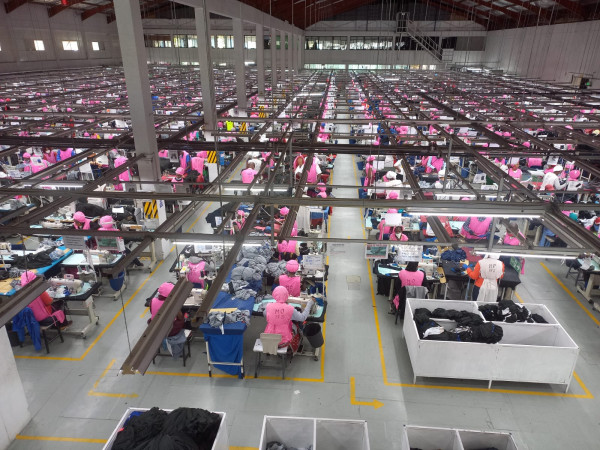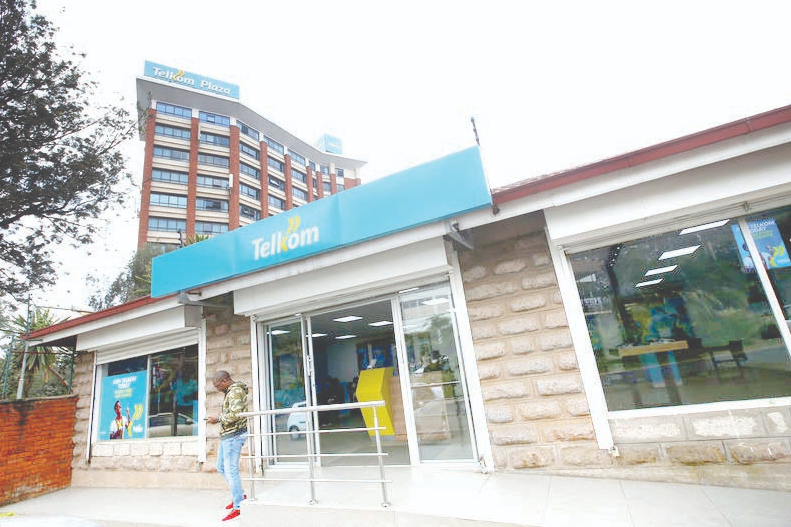Private sector activity grows for third month

Kenyan private sector firms saw a renewed expansion in businessactivity in November, latest survey data signalled, as new orders strengthened for the third month in a row.
The report said there were further increases in employment, purchasing and inventories, whilst vendor performance continued to improve. “Although Kenyan companies again indicated steep price pressures, rates of inflation for both input costs and output charges eased to three-month lows,” the PMI report says.
Business conditions have strengthened in each of the past three months, following a five-month sequence of contraction.
“The latest PMI data showed that business activity in Kenya continues to grow, albeit slowly, for the third consecutive month corroborating other data such as private sector credit growth,” Standard Bank economist Mulalo Madula, commented. The headline figure derived from the survey is the Purchasing Managers’ IndexTM (PMI). Readings above 50.0 signal an improvement in business conditions on the previous month, while readings below 50.0 show a deterioration.
Headline index
From 50.2 in October, the headline figure rose to 50.9 in November to signal a slight improvement in the private sector’s health. “The rise in the headline index was partly due to a renewed expansion in output levels midway through the final quarter of the year,” the report noted.
Business activity increased slightly after a marginal decrease in October. Surveyed businesses mainly attributed the rise in output to improving new order inflows and favourable weather conditions.
New order volumes picked up for the third month running, and at a moderate pace that was quicker than in October. A number of panellists cited that new customers helped them to secure higher work inflows.
New orders rose in four of the five sectors monitored by the survey and were unchanged in services. In line with the trend for new orders, Kenyan firms reported increases in employment and purchasing for the third month in a row. The rise in staffing levels was broadly similar to those seen in the prior two months and only marginal, but nonetheless helped firms to reduce their backlogs for the first time since April.
The rate of purchasing growth quickened slightly and was solid. With purchases rising, the firms were able to expand their inventories in November.
At the same time, vendor performance firms see renewed increase in activity new orders pick up for third month running Inflationary pressures soften but remain sharp. Firms registered a marginal increase in output amid an increase in new business from domestic and foreign customers and favourable weather conditions. Still, rising input and output prices alongside monetary policy tightening has not caused a negative demand shock in nominal terms.
The second rainy season, also called the short rains, appears to be going better than previously forecast.
Positive assessment
“A positive assessment of the 12-month outlook suggests that businesses expect improvement despite the expected challenging global economic environment. This has led businesses to increase purchasing activity almost as strongly as in October and build up inventories. Headcount also increased at its fastest pace since July as businesses prepare for another surge in demand,” the report notes.
November data signalled another steep increase in input costs in the Kenyan private sector, amid reports of rising import costs due to a weaker exchange rate against the US dollar, as well as higher taxation and transport costs.















